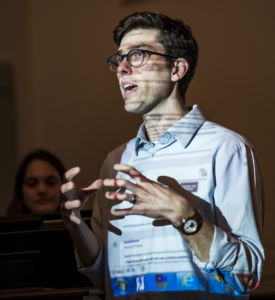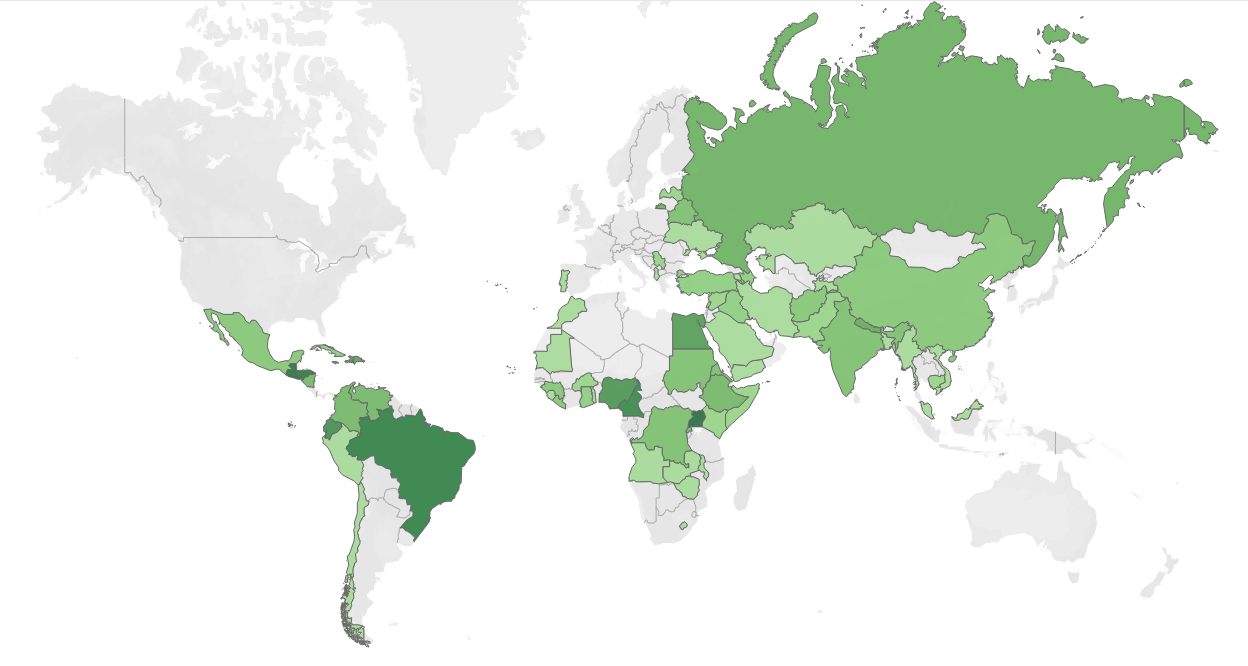Mission
Founded in 2017, the MGH Asylum Clinic’s mission is to provide forensic medical and psychologic evaluations to survivors of persecution seeking asylum in the United States and to educate the medical community on caring for asylum seekers and refugees.
About

An asylum-seeker is someone who is unwilling or unable to return to a home country because of a well-founded fear of persecution on account of race, religion, nationality, political opinion or membership in a particular social group. Asylum is a permanent residency status granted by a government to such individuals. In order to be granted asylum, the asylum-seeker must provide compelling evidence to back up their claims of abuse. An example of such evidence is a Forensic Medical Evaluation (FME), which is conducted by an independent health professional to document the consequences of psychological and/or physical harm on an asylum-seeker. An evaluator is a medical or mental health professional (an MD, PhD, LICSW, PhD, PsyD) who conducts the FME. All volunteer evaluators with the MGH Asylum Clinic are affiliated with Mass General Brigham (MGB). The clinic pairs evaluators into teams of two or more, usually with a lead evaluator who signs off on the medico-legal affidavit and one or two observing evaluators. A medico-legal affidavit is the report the evaluator team produce after conducting the FME.
The MGH Asylum Clinic at the Center for Global Health, under the direction of Matthew Gartland, MD, was founded in 2017 to assist with this process. After completing an asylum medicine training, MGB clinicians volunteer their time to provide FMEs of individuals seeking asylum based on a past history of physical and/or mental abuse.
By The Numbers
When physicians are able to corroborate stories of abuse through a forensic medical evaluation, asylum applicants have a significantly higher chance of being granted asylum (Atkinson et al., 2021).
Clinic Impact to Date
Applicants have come from almost 70 countries to seek asylum in the U.S.

Applicants evaluated at the clinic come from all over the world, many from countries like Uganda, El Salvador, Guatemala, and Brazil. In total, applicants represent almost 70 countries and 25 languages.
(Map made with Tableau)
60% of evaluations require an interpreter, provided at no cost by MGH Interpreter Services
The majority, 60%, of evaluations require an interpreter, while 40% are conducted in English. Above are the most frequent language needs among asylum applicants seen by the clinic. “Other“ includes Russian, Nepali, Tigrinya, K’iche’ and several other Central Asian, East African and South Asian languages.
We’re able to provide free interpretation services due to the generosity of MGH Interpreter Services.
Tele-evaluations allow us to evaluate more asylum seekers across Massachusetts
Since the pandemic, we’ve completed majority tele-evaluations for continued COVID-19 safety and service accessibility. The majority of clients cannot travel to the MGH main campus in Downtown Boston due to a lack of transportation, with 73% of clients living in communities without any MBTA metro access.
(MBTA Communities List) (Massachusetts EOHHS Regions List)
volunteering
We welcome physicians including residents, mental health professionals, advanced practice professionals and nurses from across Mass General Brigham as volunteer evaluators.
We also welcome a few students or non-clinical staff interested in observing.
By submitting this form, you are consenting to receive marketing emails from: Center for Global Health | Mass General Hospital. You can revoke your consent to receive emails at any time by using the SafeUnsubscribe® link, found at the bottom of every email. Emails are serviced by Constant Contact
Referrals
Referrals for forensic evaluations are submitted by the client’s attorney team. Our program coordinator follows up to confirm the submission and may request additional details prior to scheduling the evaluation with an appropriate provider.
Or follow this link (is.gd/mghasylumclinic)

ACKNOWLEDGEMENTS
We thank the more than 200 volunteers who have participated in asylum evaluations or staffed the clinic since we started operation in October 2017. A special thanks to Dr. Ellie Emery and Dr. Nesli Basgoz for their vision and support at the genesis of the project, and to Dr. Matthew Gartland, Stephanie Cooper, Dr. Sarah Messmer, Dr. Jo Henderson Frost, Dr. Rachel Erdil, Jeremiah Kinyua, Theresa Minukas and many others who brought the clinic to life.
CONTACT
Program Coordinator
Isabel Lana, ilana@mgh.harvard.edu